Sacrificing People
Synopsis
Sacrificing People is a new, updated edition of Felix Padel’s classic case study of colonialism, originally entitled The Sacrifice of Human Being: British Rule and the Konds of Orissa. The journey of the book, like the struggle of the Konds, is from colonial intrusion to developmental destruction.
The book puts into perspective the communal murders and ethnic cleansing that happened in the district of Kandhamal where the Konds are concentrated, in 2007–8, where an explosion of orchestrated violence occurred, mostly in the form of attacks against Christians, on a scale recalling violence at the time of colonial invasion (1830s-60s), when invading forces burnt dozens of Kond villages. The role and words of the first missionaries in Orissa, who targeted this district in particular, is analysed to throw light on recent events. The book’s increasing relevance is also due to Bauxite cappings on the high mountains dominating the Konds’ landscape in southern Orissa. Their base rock was named ‘Khondalite’, honouring the Konds, but their high aluminium content has elicited an invasion of mining companies with even greater impact on the Kond culture and environment than the British invasion.
As renowned anthropologist Hugh Brody writes in his Foreword to this new edition, “it is impossible to read Padel’s work without being drawn into its flow of history, anthropology and profound insights into the way colonial projects have shaped how we see the world in general, India as a nation and tribal peoples in particular.” Moving beyond the particulars of a remote resource conflict, Sacrificing People offers a way of comprehending the roots of human violence by understanding ourselves and our place in the modern structures of power and control, whose core is a sacrifice of human being—a cruelty and dominance more extreme than human sacrifice because it sacrifices the essence of being human.
This book will fascinate scholars and the discerning public alike, as a meticulously researched, exceptionally original study of the forms of domination that permeate the modern world.
Read more
The book puts into perspective the communal murders and ethnic cleansing that happened in the district of Kandhamal where the Konds are concentrated, in 2007–8, where an explosion of orchestrated violence occurred, mostly in the form of attacks against Christians, on a scale recalling violence at the time of colonial invasion (1830s-60s), when invading forces burnt dozens of Kond villages. The role and words of the first missionaries in Orissa, who targeted this district in particular, is analysed to throw light on recent events. The book’s increasing relevance is also due to Bauxite cappings on the high mountains dominating the Konds’ landscape in southern Orissa. Their base rock was named ‘Khondalite’, honouring the Konds, but their high aluminium content has elicited an invasion of mining companies with even greater impact on the Kond culture and environment than the British invasion.
As renowned anthropologist Hugh Brody writes in his Foreword to this new edition, “it is impossible to read Padel’s work without being drawn into its flow of history, anthropology and profound insights into the way colonial projects have shaped how we see the world in general, India as a nation and tribal peoples in particular.” Moving beyond the particulars of a remote resource conflict, Sacrificing People offers a way of comprehending the roots of human violence by understanding ourselves and our place in the modern structures of power and control, whose core is a sacrifice of human being—a cruelty and dominance more extreme than human sacrifice because it sacrifices the essence of being human.
This book will fascinate scholars and the discerning public alike, as a meticulously researched, exceptionally original study of the forms of domination that permeate the modern world.
42.30
38.07
$
47.00 $
Free delivery Wolrdwidе in 10-18 days
Ships in 1-2 days from New Delhi
Membership for 1 Year $35.00
Get it now and save 10%
Get it now and save 10%
BECOME A MEMBER

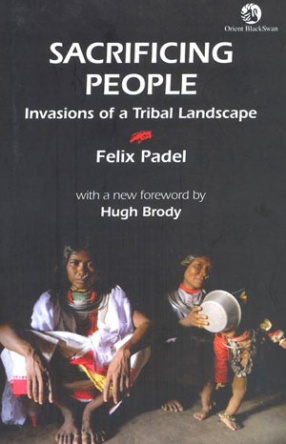
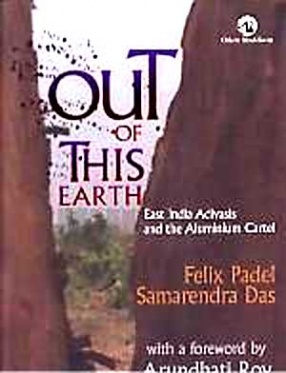
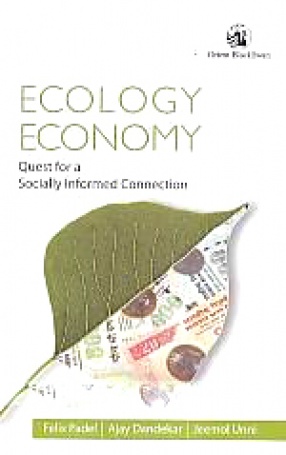
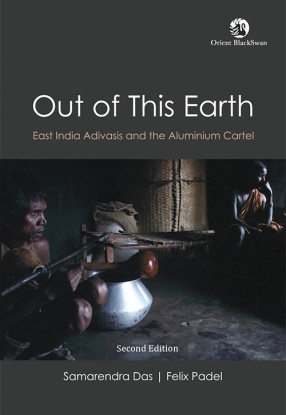

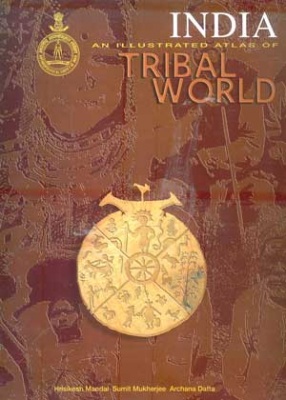
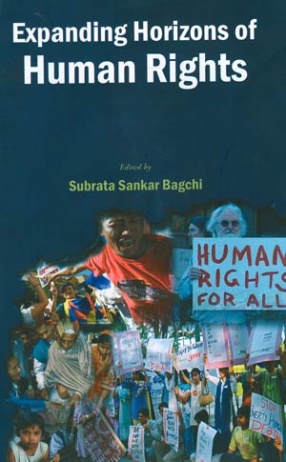
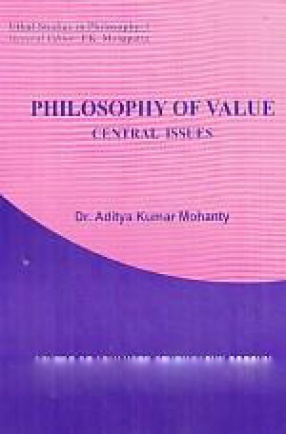

Bibliographic information